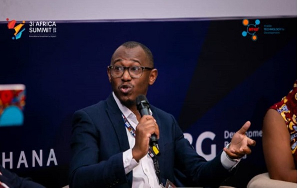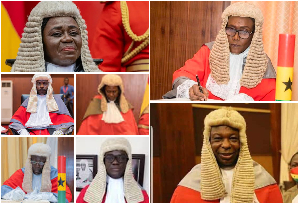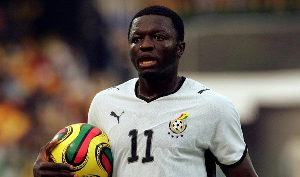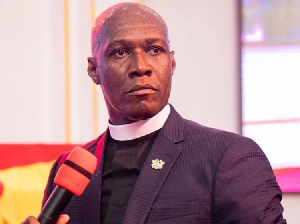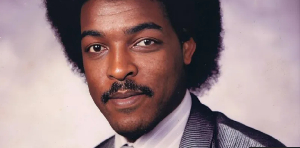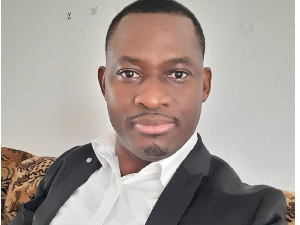At the 2024 3i Africa Summit, anchored on the theme 'Unleashing Africa's Fintech and Digital Economic Potential', Huawei, a global leader in Mobile Money and Digital Finance Solutions underscored its commitment to supporting the Government of Ghana’s Digital Infrastructure efforts towards an all-inclusive FinTech ecosystem.
Mr. Lee Maina, Chief Solutions Architect, Mobile Money and Digital Financial Services, Huawei Southern Africa Region emphasized that realizing the principles of a good digital public infrastructure necessitates focusing on underserved communities while addressing access challenges at both the service delivery and digital connectivity layers.
According to him, the GSMA State of Mobile money report 2024 reveals that Sub-Saharan Africa has 828M registered wallets which represents a 19 percent growth from the previous year. However, a World bank publication released in April 2024 titled - “Financial Inclusion in Sub-Saharan Africa—Overview”, indicated that only 49 percent of adults have an account. The rural areas, he said, still remain under covered.
“We understand that the private sector might not have the flexibility to extend that infrastructure beyond where it is perceived to be profitable. Therefore, in line with our SDGs and common interests, we need to cultivate collaborations between the government and its donors, Telco’s, as well as OEMs (Original Equipment Manufacturers), to not only scale that infrastructure beyond current limits but also ensure access to affordable devices and data, enabling users across board to participate in digital commerce.”
Huawei believes that while access plays a critical role in driving last-mile financial inclusion, consumer education and trust also need to be addressed. It is as a result of this that, Huawei as a company with sustainable development at its forefront, heavily invests in Research and Development alongside the overall evolution of its mobile money and digital finance platforms.
The company’s Mobile Money 2.0 guarantees 99.999% reliability with elastic and distributed deployments that offer unlimited TPS (transactions per second).
It has deployed its finance platform in sites such as Ethiopia Telebirr, Kenya M-Pesa, and 40 other locations. This won Huawei and Ethiopia Telecom the most innovative Digital Finance app in the telecom industry award in May, 2024 at the International Financial Telecommunication awards held in Dubai.
Huawei’s Mini APP development platform as part of its super app offering also allows the opportunity for Government, Mobile Money and Digital Finance service providers to leverage on the youth demographic and developers communities as Mini App developers and aggregators of the services.
Based on Huawei’s view of the current trends in Ghana and other Sub-Saharan countries, we are now in a credit inclusion era and the company has a next-gen credit scoring and risk management solution that is AI-powered, allowing service providers to leverage service usage data to provide objective, real-time, and risk-based scoring. The platform has enabled service providers in sub-Saharan Africa to achieve low non-performing loans (NPLs) of 0.1%."
With mobile Money 2.0, Huawei continues to invest heavily in FinTech research and innovation, supporting players in the FinTech space to create end-to-end solutions that will bring the value chains online, basically seeking to solve some of the persistent problem they may be having beyond payments. This will enable the company remove any lethargies and drive localized innovation to ensure the efficient deployment of capital and resources.
The 3i Africa Summit, in partnership with the Mobile Technology for Development Conference by the Ghana Chamber of Telecommunications brought together over 2,000 attendees from 60 countries including Fintech players, innovators, regulators, investors, big techs, developmental communities, and several other players in Africa and from across the globe.
Technology & Innovation of Wednesday, 29 May 2024
Source: Huawei Ghana





